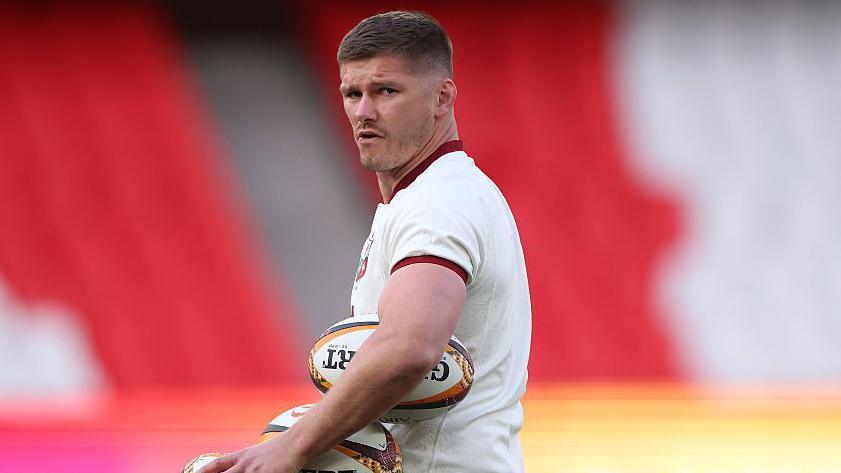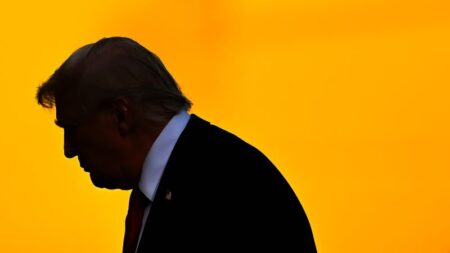In a recent interview, rugby star Owen Farrell shared insights about his experiences and emotions surrounding his role as the captain of the British and Irish Lions, particularly as the team prepares to face the First Nations and Pasifika XV. Conducted in Marvel Stadium, Melbourne, the discussion took an introspective turn, highlighting Farrell’s complex relationship with social media and the intense scrutiny that comes with being a top player in the sport.
Farrell, who finds himself on his fourth Lions tour, expressed a mixture of honor and excitement upon being given the captaincy. However, the moment was also tinged with challenges stemming from a long hiatus from the sport. After being out of action for nine weeks and not having appeared in a Test match for 20 months, there was considerable backlash from fans regarding his selection. Notably, Farrell’s ability to stir strong opinions—both positive and negative—makes him a polarizing figure within rugby circles.
The 33-year-old received inquiries about his understanding of the fervor and backlash he elicits from rugby enthusiasts. In response, Farrell candidly admitted, “Not really, no,” emphasizing his lack of complete comprehension of how debates surrounding his performances ignite fierce conversations online. He acknowledged the evolution of communication through social media, where narratives can gain unprecedented momentum and lead to heated discussions across platforms.
There was an undeniable sense of vulnerability in his demeanor as he opened up about the “poison” that both praise and criticism can become, recognizing that both forms of feedback can weigh heavily on a player. Farrell astutely differentiated between what truly matters—the opinions of those who know the game and care personally about him—and the fleeting comments made by online observers. He urged that the relevant evaluations should come from genuine friends and fellow players who provide honest opinions rather than superficial affirmations.
Addressing whether he is able to shield himself from negativity, Farrell shared that this ability fluctuates based on his mental state. He spoke of the dual realities where sometimes the noise can easily wash over him, while at other times, it can penetrate deeply during periods of vulnerability. His candor during this conversation offered a glimpse into the mental resilience required to navigate a world increasingly defined by public opinion.
As the Lions captain, Farrell also shared his enthusiasm for the camaraderie he has experienced during the tour. He highlighted the fun he has had with teammates, particularly naming Mack Hansen for his ability to bring levity to the group. This sense of enjoyment appears to rejuvenate Farrell, infusing him with energy as he prepares for the challenges ahead.
With an air of uncertainty regarding his future with the England national team, Farrell emphasized his commitment to living in the moment with the Lions, dismissing any distractions about potential returns. He reiterated his desire to savor every minute of his rugby journey, underscoring how staying focused on the present helps him maintain a positive mindset.
Reflecting on his past experiences as a player, he invoked fond memories from 12 years prior when the team faced the Rebels, showcasing his affinity for shared experiences and the importance of team dynamics. With this in mind, he encouraged a positive environment among the players, stating, “We want to make sure it’s a happy bus.” Overall, Owen Farrell’s insights offer a complex portrayal of a leader navigating criticism, camaraderie, and the pressure of expectation as he leads the Lions into competition. He demonstrates a conscious effort to cultivate mental fortitude amid the chaos of modern sports fame and the expectations placed upon him. In essence, his narrative is a meaningful commentary not just on rugby, but on the human experience within the spotlight of professional sports.











